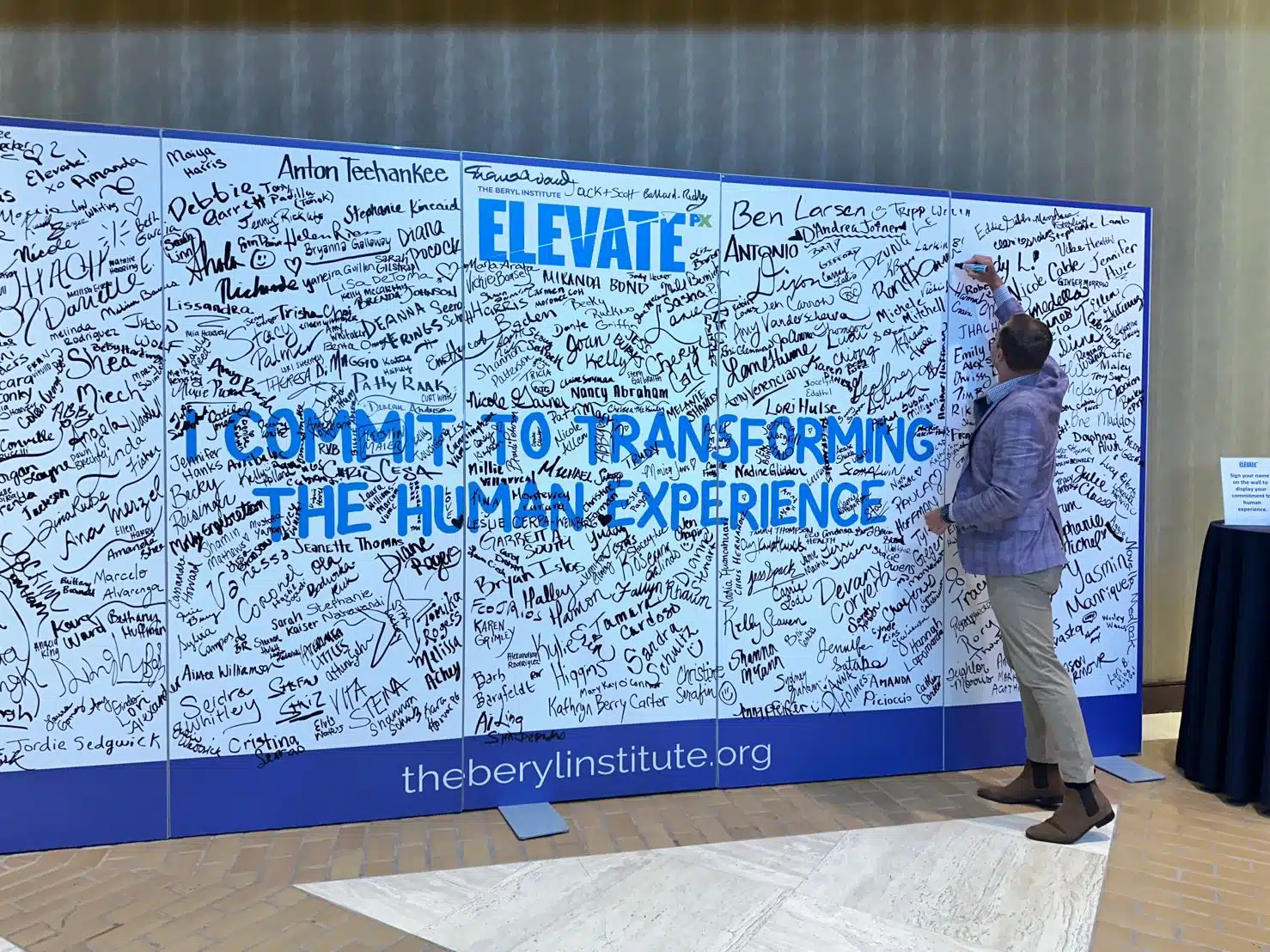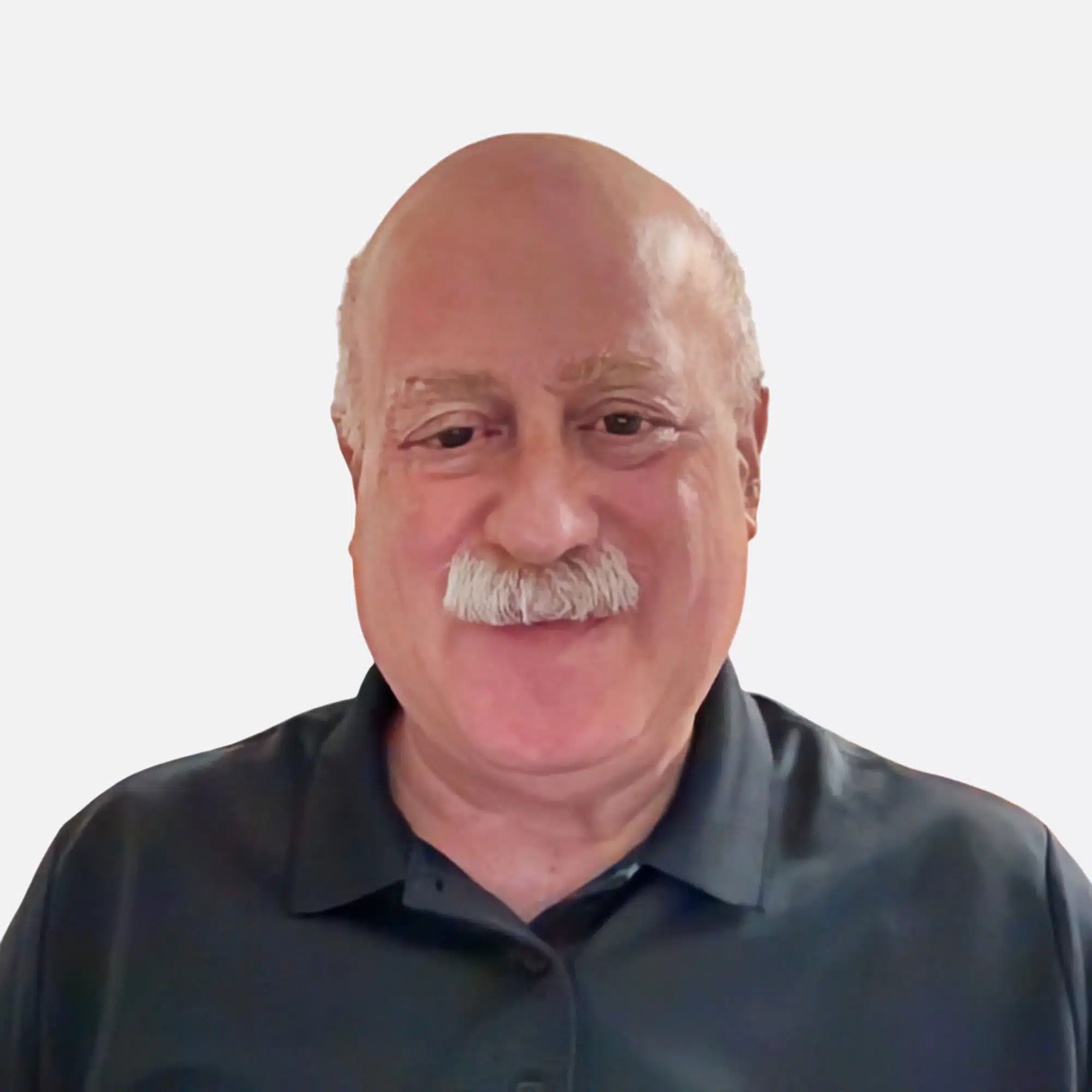With the beginning of spring comes the event season. Two notable conferences took place last week: ViVe in Nashville, TN, and ELEVATE in Dallas, TX. ViVe focuses on innovation and spans the entire healthcare industry, while ELEVATE focuses specifically on patient experience and its implications for health systems.
Tendo participated in both conferences and collected notable industry takeaways:
ViVe.
More than 7,000 people from across the healthcare industry gathered in Nashville for three days of sessions, exhibits, innovation labs, and investor pitches, resulting in notable themes. As a company, we also participated in a roundtable discussion that produced additional conversation.
Data, data, data—and what to do with it.
Healthcare entities compile massive amounts of data with limited use for real-time insights and decision-making. Data often resides in silos, unable to be shared across networks, platforms, and health systems. Chris Carmody, Chief Technology Officer at the University of Pittsburgh Medical Center, shared that his organization has developed 1,300 algorithms and 3,600 applications to interpret their data. Even when working in a close relationship with the Chief Analytics Officer and data scientists, changing internal behavior to effectively leverage the information is still a difficult task.
Additionally, industry solutions remain fragmented; patients and clinicians struggle to access one view that combines a complete set of actionable insights to enable better health, quality, and financial outcomes. Mickey Trapathi, MD and U.S. Department of Health and Human Services National Coordinator for Health Information Technology, spoke from the main stage about how his agency is encouraging data sharing and interoperability across the healthcare ecosystem. He challenged the audience to adopt the latest APIs and technologies to enable information sharing.
Health system imperative: Focus on impactful ways to utilize data for actionable insights to boost quality, revenue, and health outcomes.
Artificial intelligence is a trendy and important topic.
The future application of AI in healthcare is up for debate and generates both fear and excitement across the industry. Workforce burnout remains a critical issue. AI has the potential to relieve clinicians and support staff of routine and repetitive tasks. Automating and streamlining labor-intensive processes holds significant promise.
However, the prospect of machines replacing humans causes serious concern, especially where a personal touch and judgment calls are critical for health outcomes. Many in the tech world are calling for regulation and guardrails as the pace of AI development picks up speed.
Health system imperative: Investigate productive use cases where AI and machine-learning technologies can relieve staff of repetitive and resource-intensive tasks without compromising the quality of delivered healthcare.
Roundtable discussion: the patient experience is varied yet promising.
Along with colleagues from notable AI companies Cadence and Aidoc, we held a roundtable discussion at Vive with health system leaders. Some of the notable takeaways included the following topics:
- Value-based care is advancing, albeit slowly. According to roundtable attendees, only a relatively small percentage of patients are in value-based contracting arrangements, whether bundled payments, risk-based reimbursements, or other population health initiatives. Therefore, the focus turned to higher risk patients—those with chronic conditions in skilled nursing facilities or requiring at-home care. Applying proactive health care, instead of waiting to treat sick patients, has far-reaching, positive impacts to both health outcomes and financial reimbursements. Achieving scale is proving to be difficult, with alignment of incentives persisting as a key issue across payers, providers, and other stakeholders.
- Simplifying the patient experience encourages meaningful engagement. In many cases, engagement occurs largely through manual outreach, consuming valuable resources. Attendees stated that digital solution adoption has been slowed by EHR dominance. Some patient groups are more motivated to take control of their health than others, making it easier to positively impact their outcomes.
- Virtual care, particularly in the wake of Covid, is a key enabler for effective use of clinician resources. One health system leader stated that 20% of all outpatient care in their system is now delivered virtually. Another leader whose organization owns urgent care clinics focuses on online triage and directing patients to appropriate resources to ensure timely and personalized care.
- Clinicians spend valuable time on administrative tasks. Significant amounts of time are spent manually entering information into medical record systems. The time and effort to move to a more automated system prevents some health systems from adopting modern solutions.
- Organization ecosystems need to be consolidated, despite the challenges. Rationalizing and maintaining multiple systems constitutes a significant and expensive challenge. Attendees noted that maintaining multiple systems is challenging and consolidating an organization’s ecosystem should be a priority. All agreed that innovation that offers a clear advantage and improves outcomes is an acknowledged path to progress.

ELEVATE PX
The Beryl Institute produced ELEVATE PX, which brought together voices of the global community committed to transforming the human experience in healthcare. Through this dynamic, interactive annual event, ELEVATE PX facilitated learning, support, and idea sharing among more than 800 healthcare leaders.
Many presentations at the conference continued the theme of putting the patient at the center of healthcare and investing in innovative ways to provide access, control, and enhanced outcomes.
- Houston Methodist Hospital System shared a compelling case study about how the historical results of their patient surveys help identify post-discharge issues. With survey responses lagging at six weeks, many preventable problems became out of control and resulted in expensive and difficult episodes of care. Houston Methodist determined that adding real-time texting technology would enhance communications and improve patient satisfaction and health outcomes. With this change, patient satisfaction scores increased dramatically, providing Houston Methodist with a competitive advantage and a more empathetic way to communicate with their patients.
- Mass General Brigham presented information on their PX Playbook, a study that helped better grasp the underlying causes of patient dissatisfaction. Focused on their Emergency department, their processes emphasized both data collection and patient comment analysis. Adding patient-facing information such as realistic wait times would significantly improve patient survey scores. When an additional human touch was added in the triage phase, scores increased even more.
Tendo’s mission is to become the trusted connection between patients, clinicians, and caregivers. We participate in industry gatherings to further our mission, gain a keen understanding of healthcare priorities, and ensure we are serving the health system community with products that positively impact healthcare, quality, and financial, and operational outcomes.
Ready to turn HEA 1004 into a strategic advantage?
Let’s talk about how Tendo Care Connect can help your organization lead the way.


